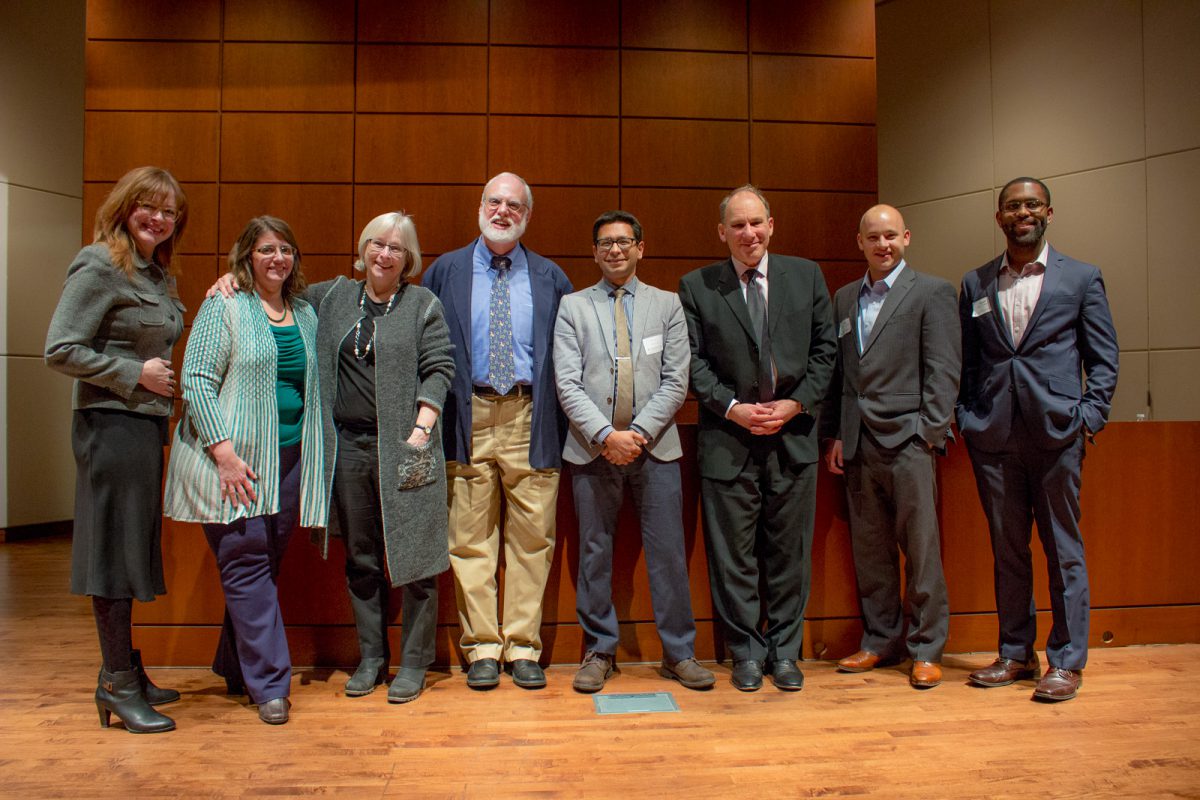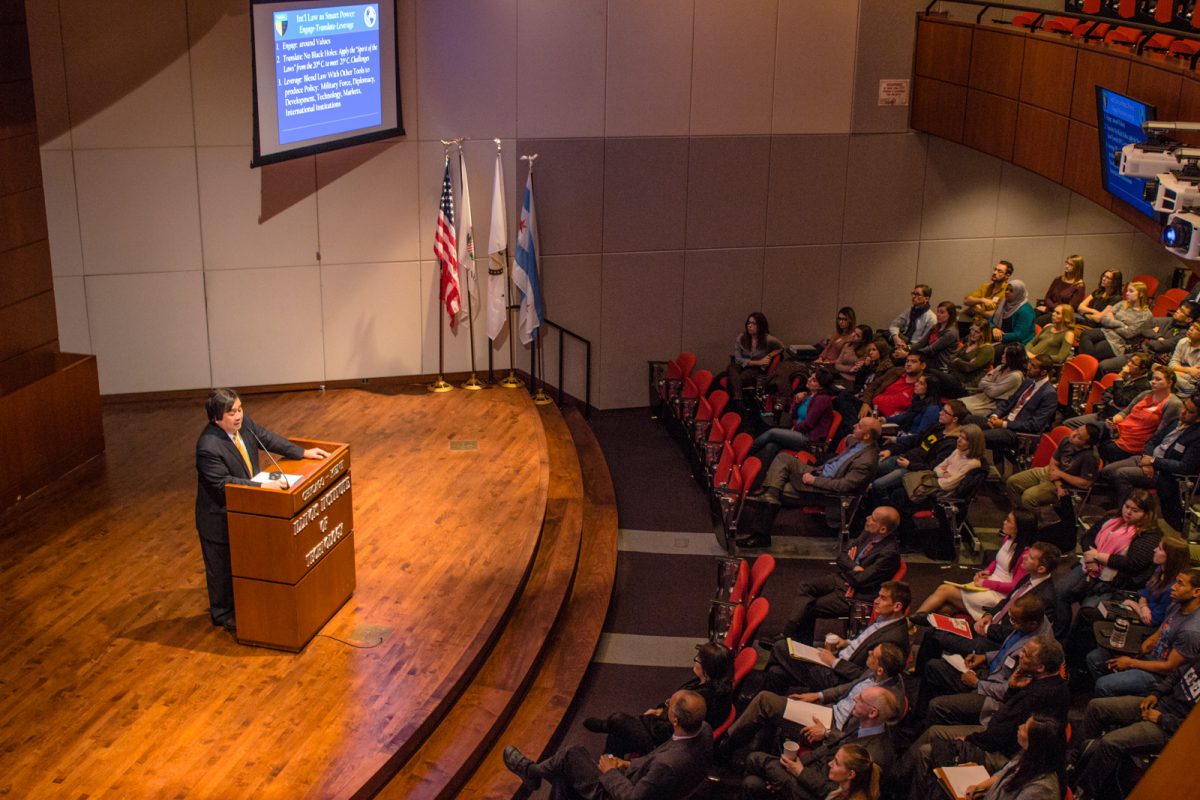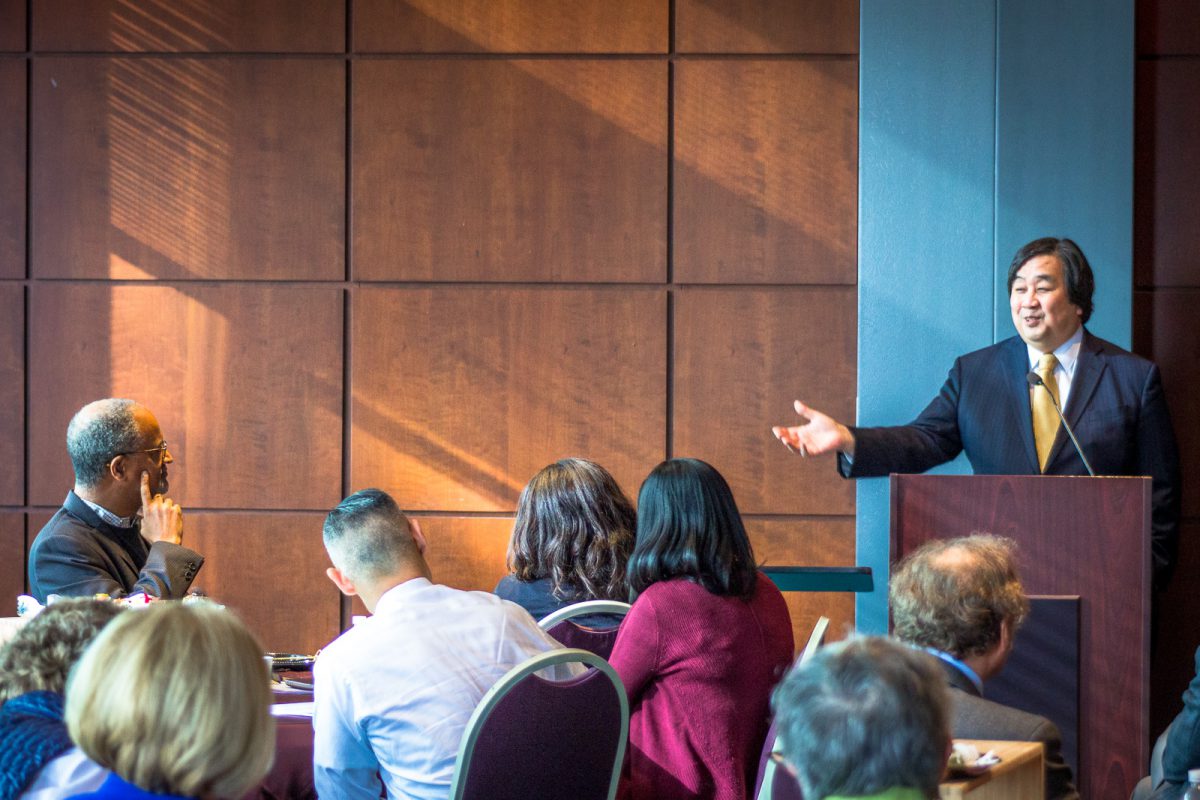This panel discussion was co-hosted by our Asian Pacific American Law Student Association and International Law Student Association. The event flyer, slides from our speakers, and a video of the discussion are available here if you missed attending this event.
Speakers:
- Dr. James Nolt, Adjunct Associate Professor at New York University Program in International Relations and Senior Fellow at the World Policy Institute
- Edward Harris, Assistant Dean and Associate Professor for International LL.M. programs at Chicago-Kent College of Law
- Bartram S. Brown, Professor of Law and Co-Director of the Program inInternational and Comparative Law at Chicago-Kent College of Law
Continue reading “How Will the Trump Presidency Impact International Law?”

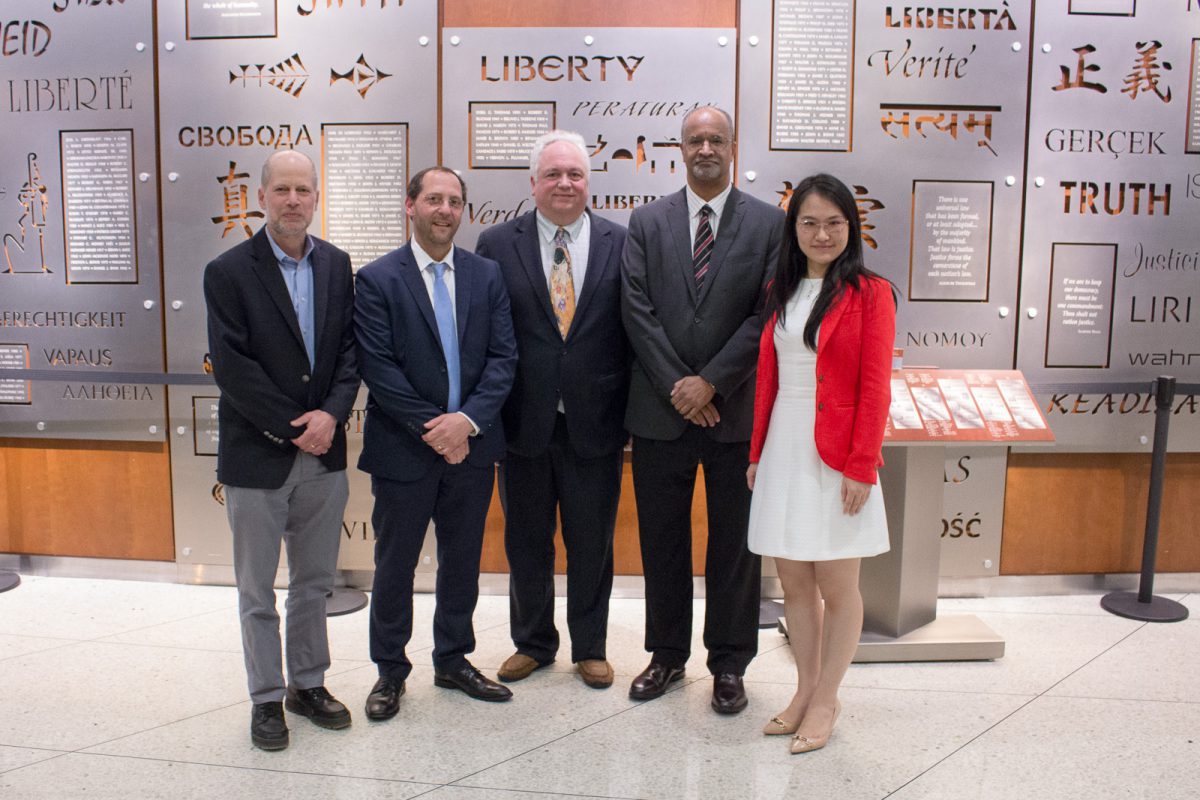
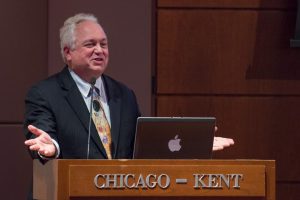
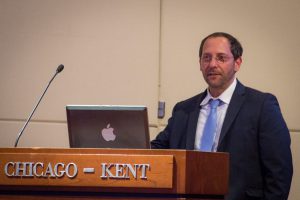
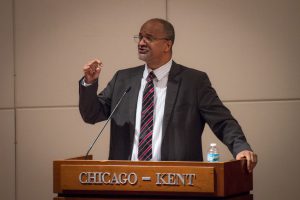
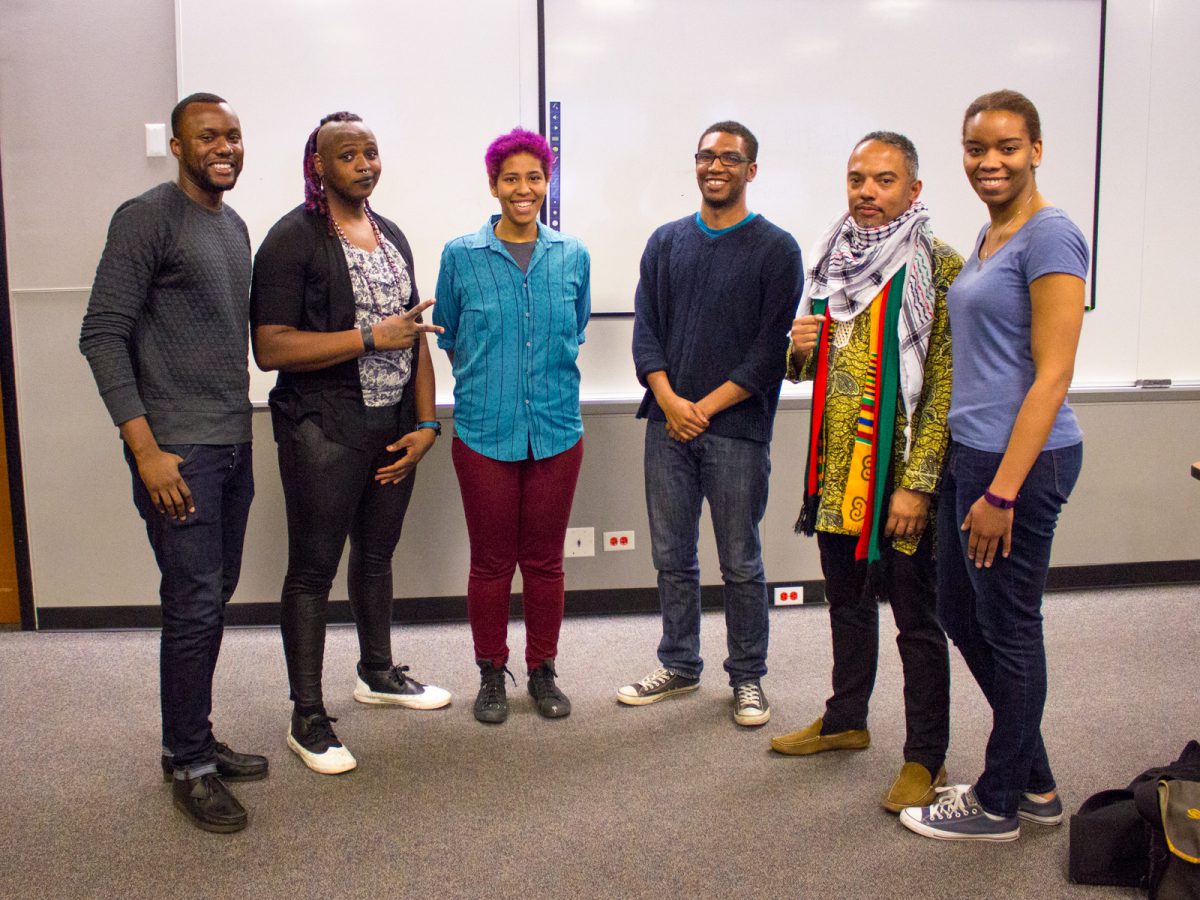
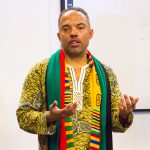
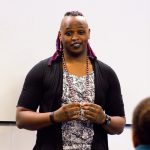
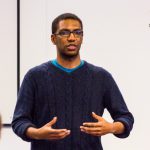
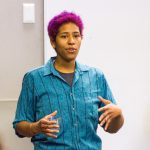
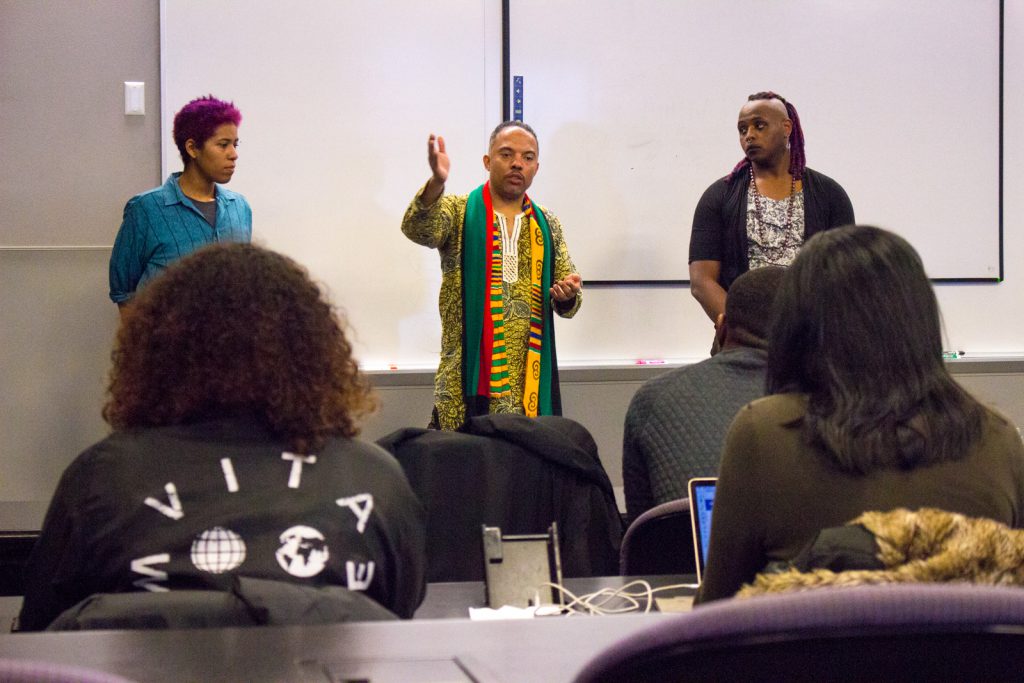
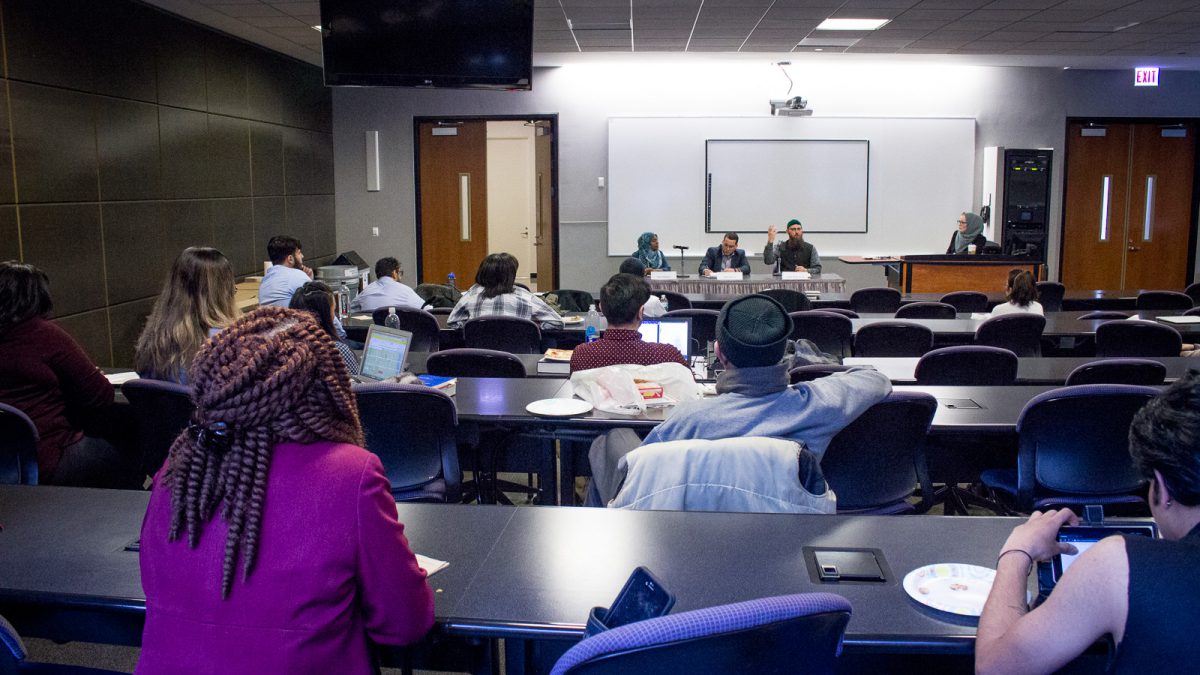
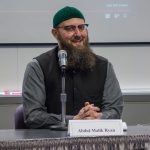

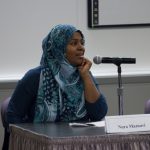
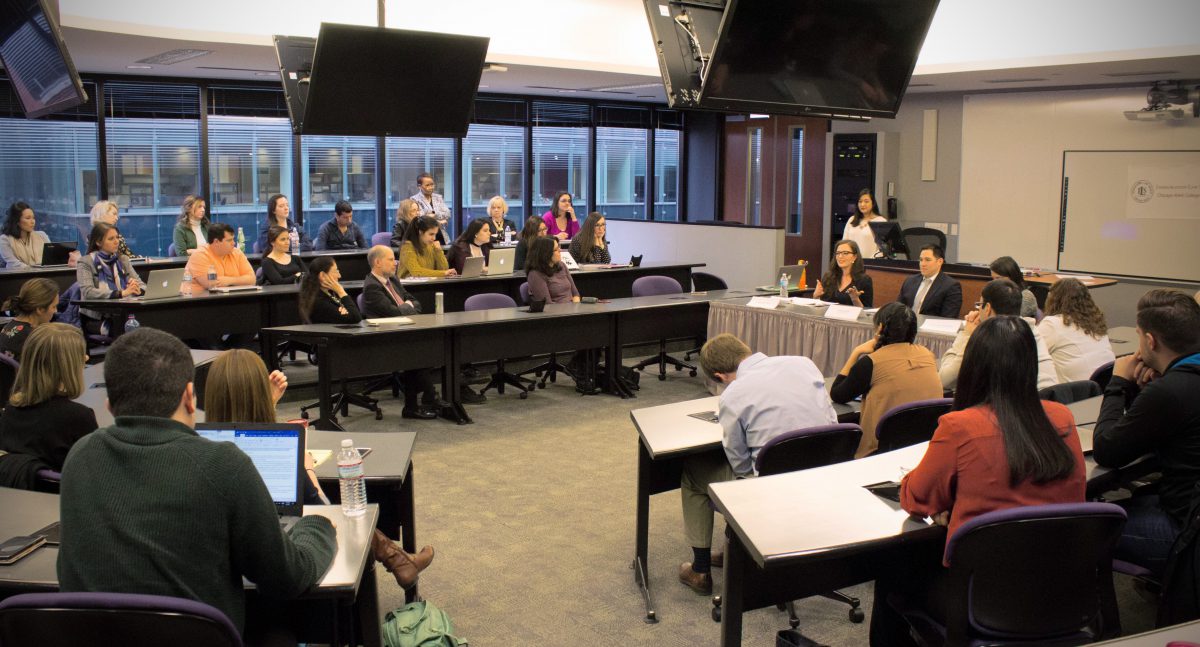
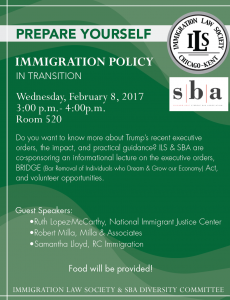 On Wednesday, February 8, 2017 the Chicago-Kent
On Wednesday, February 8, 2017 the Chicago-Kent 